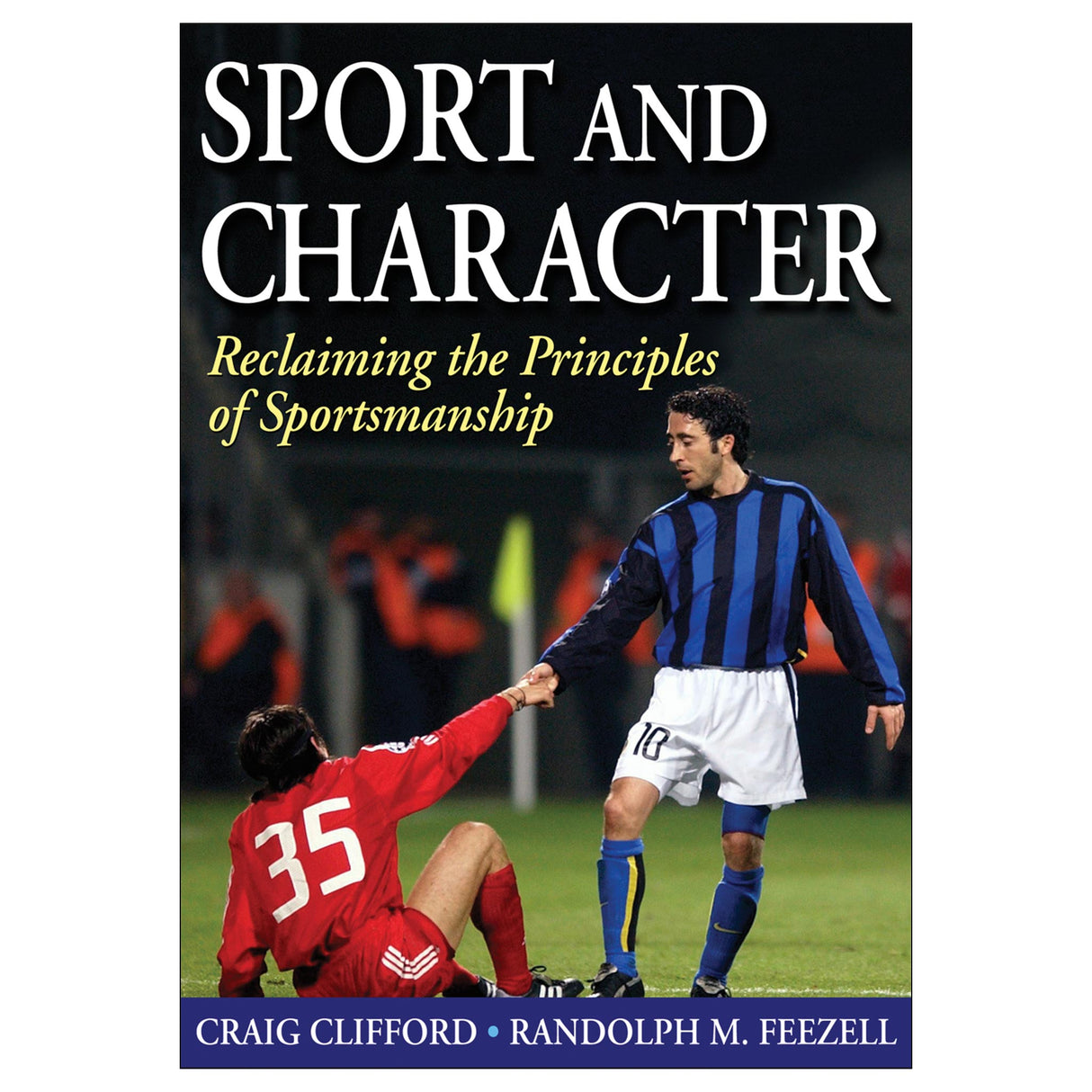Sport and Character PDF
Reclaiming the Principles of Sportsmanship
Author: Craig Clifford, Randolph M. Feezell
$20.95 CAD
Access Duration: 10 Years
According to a national survey of high school athletes conducted by the Josephson Institute,
• 40% of boys surveyed and 25% of girls surveyed see nothing wrong with using a stolen playbook sent by an anonymous supporter before a big game;
• 54% of male football players, 49% of male basketball players, and 18% of females in all sports approve of trash talking; and
• 34% of boys surveyed and 12% of girls surveyed approve of a coach trying to pump up the team by swearing at officials to get ejected from the game.
These statistics illustrate the importance of clarifying the boundaries of healthy competition and modeling the principles of fair play. Sport and Character: Reclaiming the Principles of Sportsmanship can help those involved in sport tackle the important lessons of sportsmanship by encouraging them to practice and teach respect for opponents, coaches, officials, teammates, and the game.
Using examples from common situations that occur on and off the field, Sport and Character brings to life what is required in order to be a good sport. Special “News Breaks” incorporated throughout the text present practical examples of sportsmanship drawn from current sport news, including articles about Michael Phelps, Shawn Johnson, Jimmy Rollins, and Nastia Liukin. Inspirational quotes by Phil Jackson, John Wooden, and Mickey Mantle add vitality to this tool for building good athletes and in turn good citizens.
Sport and Character: Reclaiming the Principles of Sportsmanship is endorsed by the American Sport Education Program (ASEP). Established by world-renowned sport psychologist Rainer Martens, ASEP has trained more than 1.5 million coaches since its inception in 1981.
Chapter 1 Reflecting on Your Own Experience
Chapter 2 Sportsmanship and the Nature of Sport
Part II The Principles of Sportsmanship
Chapter 3 Respect for Opponents
Chapter 4 Respect for Teammates and Team
Chapter 5 Respect for Officials
Chapter 6 Respect for the Game
Chapter 7 Respect Between Players and Coach
Part III Thinking About Sport and Life
Chapter 8 Sport, Society, and Education
Chapter 9 Beyond Sport
“Randolph Feezell is, as I see things, quite simply the most engaging writer in philosophy of sport. His contributions to virtue ethics, especially regarding the virtue of sportsmanship, should be read by everyone who is interested in the moral character of contemporary athletes, coaches, and fans.”
Daniel A. Dombrowski
Professor of Philosophy
Seattle University
“Sport and Character addresses the key reason athletic competition is relevant and important—the development of sound character through competitive sports. This book provides a good look at the reasons for our national decline in sportsmanship and ways we can restore time-honored principles dedicated to character development through athletics.”
Tom Osborne
Athletic Director
University of Nebraska





